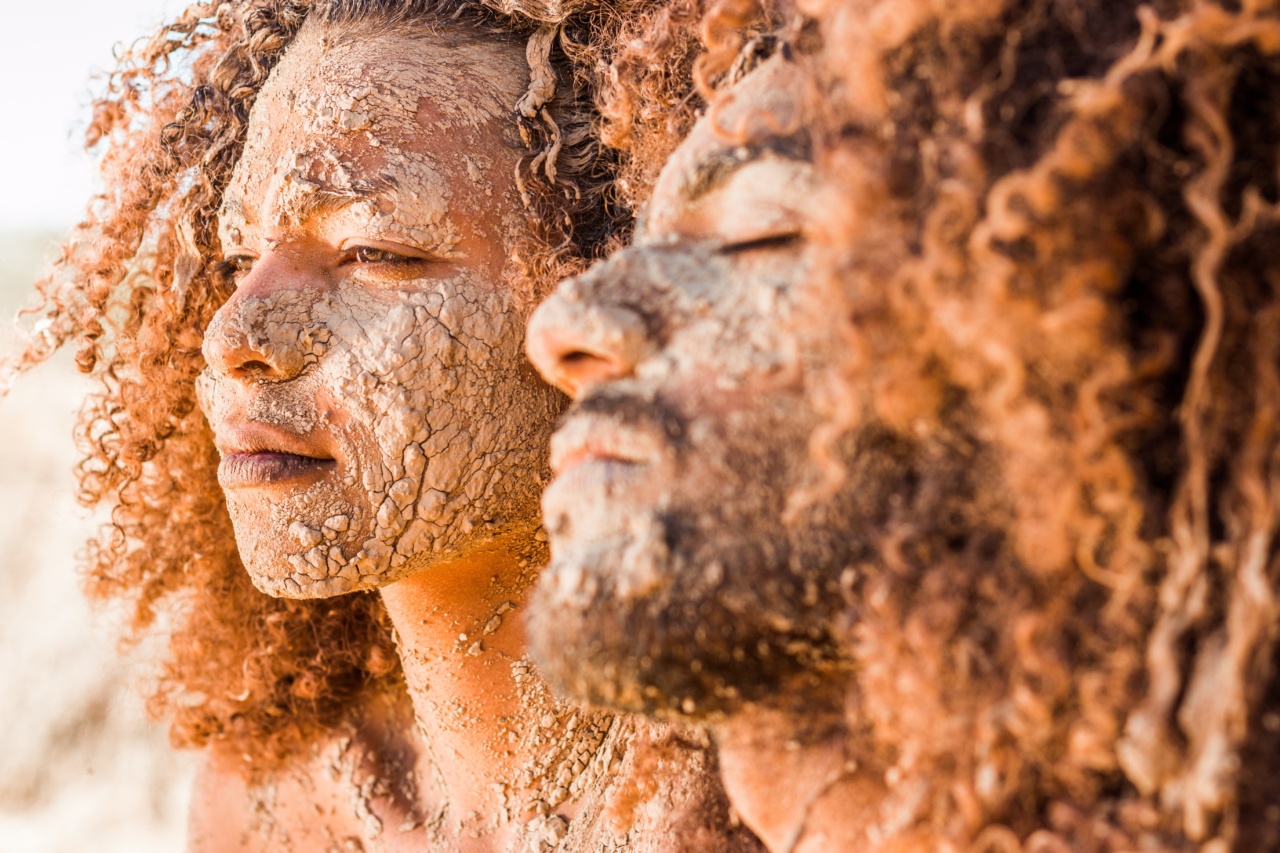Dry eyes is a common condition where the eyes do not produce enough tears or the quality of the tears is poor, causing discomfort, irritation, redness, and blurred vision.
The condition can be caused by a variety of factors including aging, environmental factors, medications, medical conditions, and work requirements. Fortunately, there are various effective tips for relieving dry eyes that can help alleviate the discomfort and improve your eye health.
1. Use Artificial Tears
Artificial tears, also known as lubricating eye drops, can help lubricate and moisturize the eyes, which can provide temporary relief from dry eyes.
Over-the-counter artificial tears are available in various formulations, including gel, ointment, and liquid, so it’s important to choose the one that suits your needs and preferences. Some artificial tears may contain preservatives, which can irritate sensitive eyes, so it’s advisable to use preservative-free formulations if you need to use them frequently.
2. Increase Humidity
Dry air can exacerbate dry eyes, especially in air-conditioned or heated rooms. Using a humidifier can help increase the humidity in the air, which can prevent your eyes from drying out.
It’s recommended to maintain a humidity level between 30 to 50% in your home or workplace to help improve your eye comfort and health.
3. Take Breaks from Screen Time
Extended periods of screen time, whether from computers, smartphones, or televisions, can cause eye strain, fatigue, and dry eyes.
It’s important to take frequent breaks every 20 minutes to look away from the screen and focus on distant objects to reduce eye strain and exercise your eye muscles. You can also follow the 20-20-20 rule, which means looking away from the screen every 20 minutes for 20 seconds while focusing on an object at least 20 feet away.
4. Maintain Eyelid Hygiene
Your eyelids play an important role in distributing tears over your eyes, so it’s important to maintain eyelid hygiene to prevent the buildup of bacteria, debris, or oils that can block the glands that produce tears.
You can use a warm compress or a mild soap to clean your eyelids daily, especially if you wear contact lenses or makeup.
5. Protect Your Eyes
Protecting your eyes from harsh environmental conditions, such as wind, dust, smoke, or sun, can help prevent dry eyes and other eye problems.
Wearing wraparound sunglasses or goggles can help reduce the exposure of your eyes to the elements, especially if you’re outdoors or traveling. You can also use a special eyewear or eye shield if you work in a dusty or windy environment.
6. Adjust Your Diet
Your diet can impact your overall health, including your eye health. Eating a balanced diet rich in omega-3 fatty acids, vitamins A, C, and E, and antioxidants can help promote healthy eyes and prevent dry eyes.
Some foods that are good for eye health include fatty fish, leafy greens, colorful fruits, nuts, and seeds.
7. Avoid Smoke and Irritants
Cigarette smoke and other irritants, such as chemicals, fumes, or allergens, can irritate your eyes and worsen dry eyes. You should avoid smoking or exposure to secondhand smoke and use protective eyewear if you work with chemicals or other irritants.
You can also use a room air filter to reduce the levels of indoor pollutants.
8. Consider Prescription Medications
If your dry eyes are severe or persistent, you may need prescription medications or therapies to alleviate the symptoms and address the underlying cause.
Some medications that can help relieve dry eyes include artificial tears, anti-inflammatory drugs, immunosuppressive drugs, and punctal plugs that can block the drainage of tears from your eyes.
9. Practice Relaxation Techniques
Stress and anxiety can impact your eye health and worsen dry eyes. Practicing relaxation techniques, such as deep breathing, meditation, yoga, or tai chi, can help reduce stress and promote eye relaxation.
You can also try eye exercises, such as palming, blinking, or focusing, to improve eye muscle strength and flexibility.
10. Consult with an Eye Doctor
If you experience persistent or severe dry eyes that do not improve with home remedies or over-the-counter treatments, you should consult with an eye doctor.
An eye doctor can evaluate your eyes and determine the underlying cause of your dry eyes, as well as prescribe appropriate treatments or therapies to help manage the condition.
Conclusion
Dry eyes can be a frustrating and uncomfortable condition that can impact your daily life and eye health. However, by following these effective tips for relieving dry eyes, you can manage the symptoms and improve your eye comfort and health.
Remember to consult with an eye doctor if you have persistent or severe dry eyes, and take proactive steps to protect your eyes from environmental factors and eye strain.































